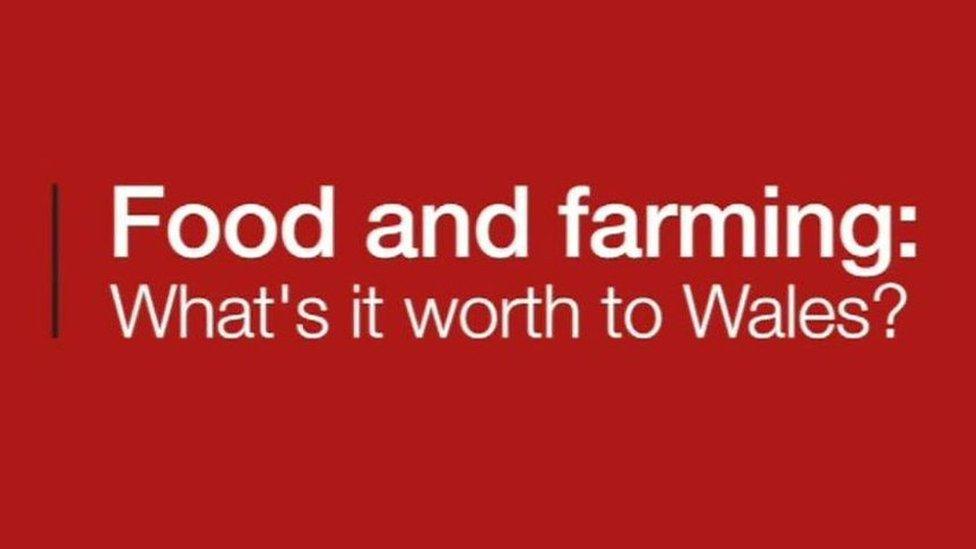Welsh food producers have 'major post-Brexit worries'
- Published
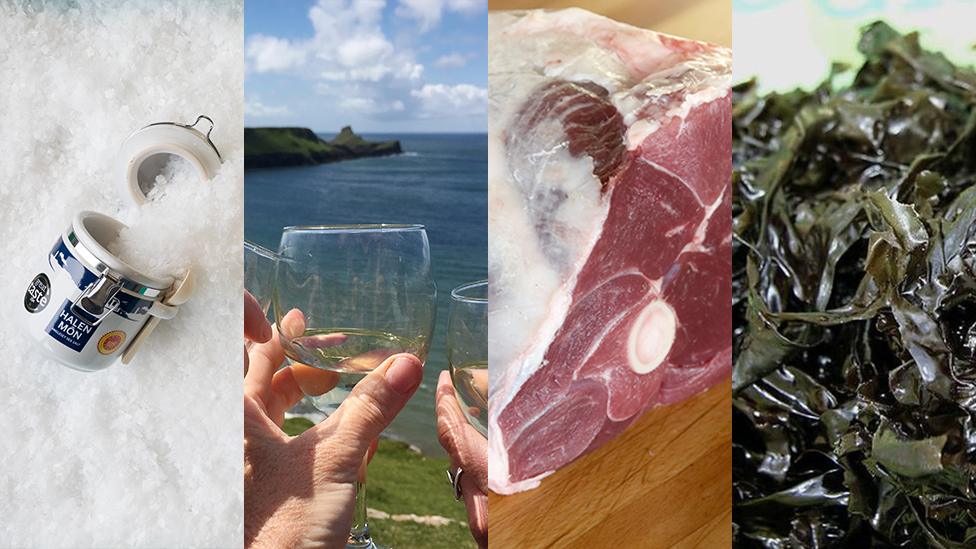
Not all foods are equal - some of Wales' best known food and drink are protected by the EU
Welsh food producers have "major concerns" their brands will not be safeguarded under a no-deal Brexit.
Some of Wales' best known food and drinks - including Welsh lamb, laverbread and Caerphilly cheese - are protected by the EU's Protected Geographical Indication (PGI) status.
However, the UK government has warned there are no guarantees that will continue after leaving the EU.
One Welsh levy body said 20 years of work "could be lost" without a deal.
When it comes to food produce, it is all about making a name and whether it's Champagne, Parma ham or Cornish pasties, those names are protected.
Gaining PGI status is highly sought after and can take years to attain. It took close to 11 years for the Melton Mowbray pork pie to be officially recognised.
The scheme gives legal protection against imitation, enhanced profile and the chance to get a premium price.
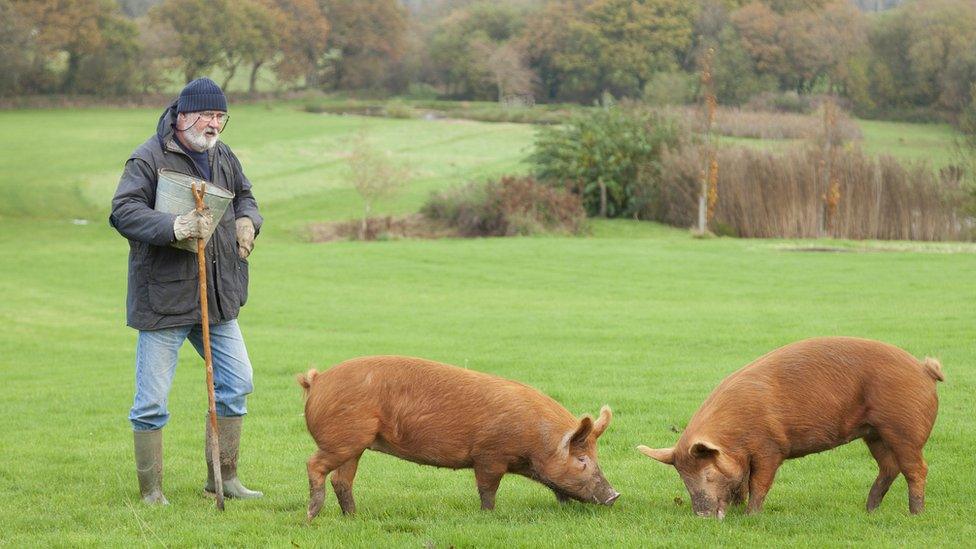
The PGI scheme enables farmers to gain a premium price for specialist produce
It also aims to offer consumers confidence in what they are buying.
So there is growing concern at what will happen after Brexit - particularly if there is no-deal.
Halen Mon Anglesey Sea Salt said winning EU protection had been "very influential" in its exports.
"It's recognised as a symbol of quality in the EU, especially by our markets in Italy and Spain, but also in places like Japan and the USA," said co-founder Alison Lea-Wilson.
"We are concerned about what will happen after Brexit because no one seems to know what will or might happen.
"We know our brand has been imitated before and, as a small business, would find it very hard to defend an action, particularly overseas."
A report commissioned by the Welsh Government in 2015, external found that Welsh lamb exports had increased "significantly" after gaining PGI status.
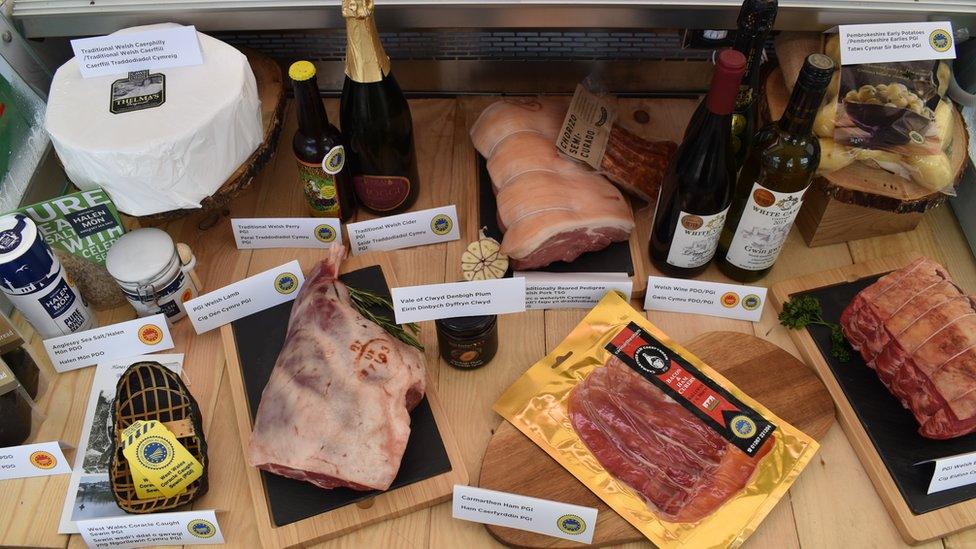
EU protected Welsh produce varies from wine and cider to meat and fruit
According to research for the EU, external, those designated products were sold at a price 2.23 times higher than products without such trademarks.
It also said that the total sales of PGIs in 2010 was €54.3bn (£48.7bn).
"Having that status is central to everything we have been doing for Welsh lamb and beef for the last 20 years," said Owen Roberts of Hybu Cig Cymru - Meat Promotion Wales (HCC).
"It provides gravitas and means products are recognised around the world as being up there with Champagne and Parma ham.
"We've based our entire marketing strategy on having that designation, to show quality and traceability, and there's a danger of all that investment being undermined."
Protected Welsh products
Welsh lamb
Welsh beef
Anglesey sea salt
Cambria mountains lamb
Carmarthen ham
Welsh cider
Conwy mussels
Caerphilly cheese
Denbighshire plums
Gower salt marsh lamb
Welsh laverbread
Welsh perry
Traditionally-reared pedigree Welsh pork
Pembrokeshire earlies potatoes
West Wales coracle-caught salmon
West Wales coracle-caught sewin
Welsh regional wine
Welsh wine
Puffin Produce Ltd said gaining protected status for Pembrokeshire Earlies had provided "significant economic and social" benefits across the county.
The UK government said it anticipated that the EU PGI schemes would continue to protect all current UK PGIs after the UK leaves the EU.
However, it has warned companies to prepare to re-apply, external in the case of a no-deal and it could also affect new products applying.
The UK government is also proposing a separate UK scheme following departure from EU that will "broadly mirror" the current system.
There has already been disagreement over the logo to be used, the worth of a new unrecognised scheme and the expense of potentially having to produce separate packaging for the UK and EU markets.
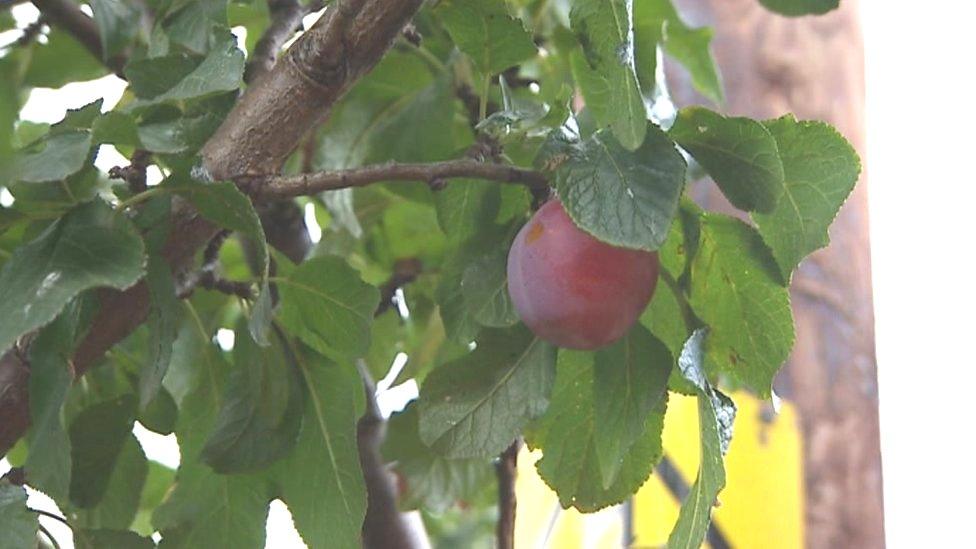
The Denbigh plum - Wales' only native plum fruit - was the latest Welsh product to gain protected status
Welsh producers have said they do not want to be "subsumed" by a UK brand.
"Our research shows consumers respond far more positively to a Welsh flag than a British flag," said Dr Roberts.
"Having a UK logo defeats the object of recognising something distinctly Welsh, or Scottish or specific to a region in England."
There has also yet to be any guarantee given that current EU funding for PGI products would be replaced under a UK scheme.
The Welsh Government said it was working with producers to move into a new scheme once the terms of Brexit hadbeen agreed.
A spokesman said: "There is already a precedent in place where countries outside of the EU can access the protected status scheme, such as Colombian coffee, which is protected in the EU market.
"If the UK left without a deal there is no reason why existing Welsh products should not retain their current GI status and any potential new products could seek protection as a third country after we leave."
The UK government's Department for Environment, Food and Rural Affairs said it recognised the "crucial role that GIs play in protecting the provenance and heritage of some of our best-loved food and drink products, from Anglesey sea salt to traditional Welsh Caerphilly".
"The UK is ready to launch its own GI schemes at the point at which EU rules cease to apply in the UK."
- Published19 February 2019
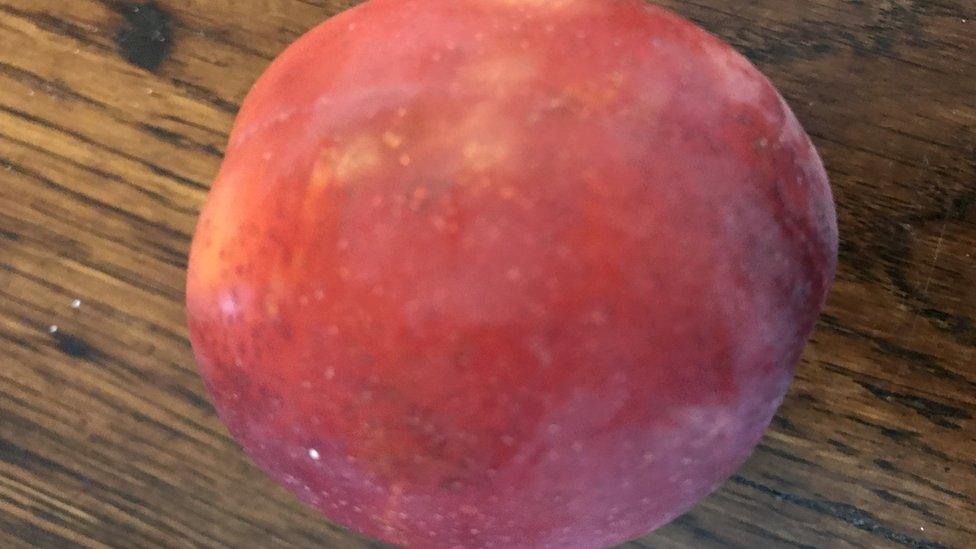
- Published30 January 2018
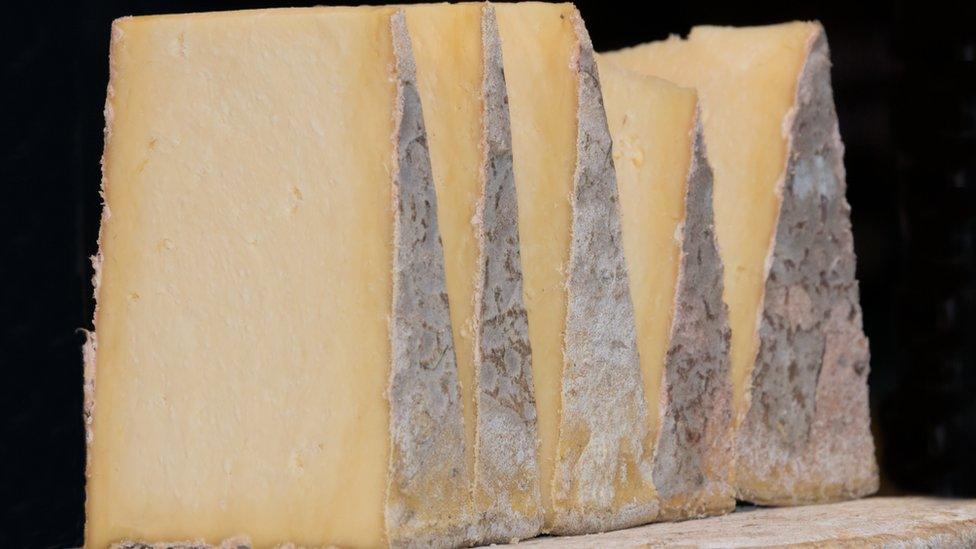
- Published13 December 2017
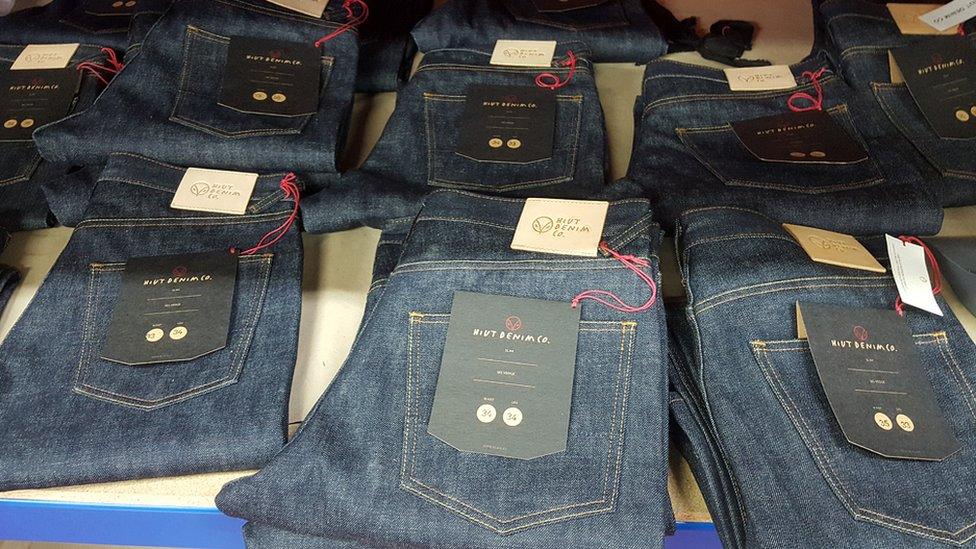
- Published26 July 2017
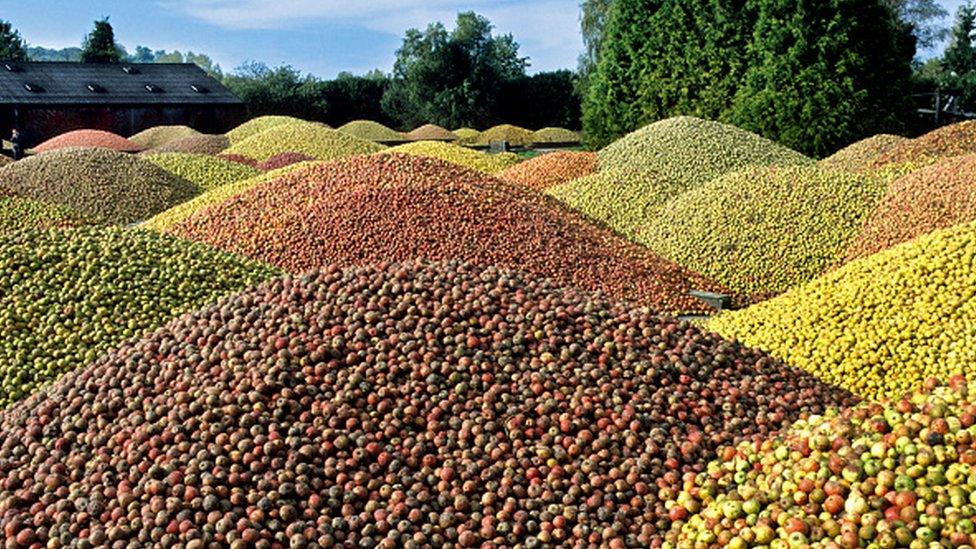
- Published6 June 2017
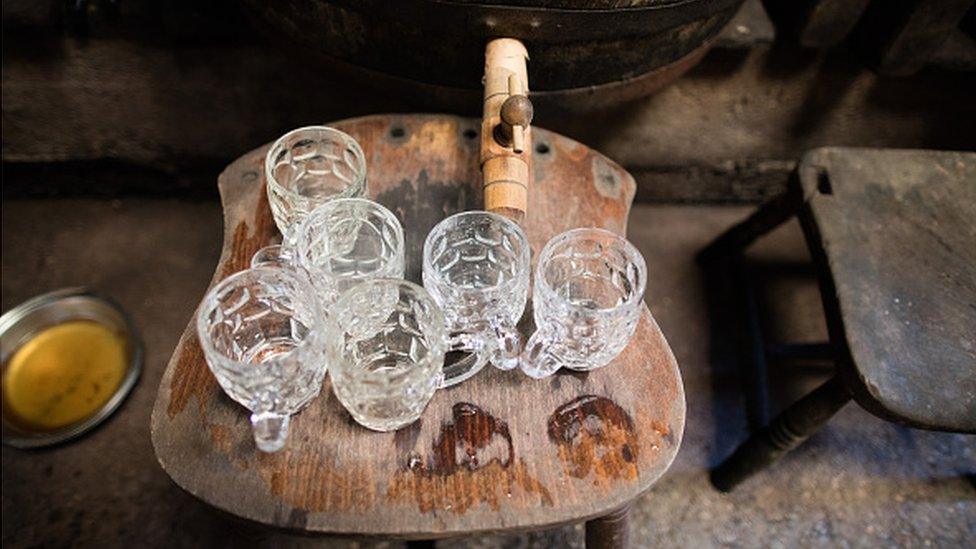
- Published2 February 2017
